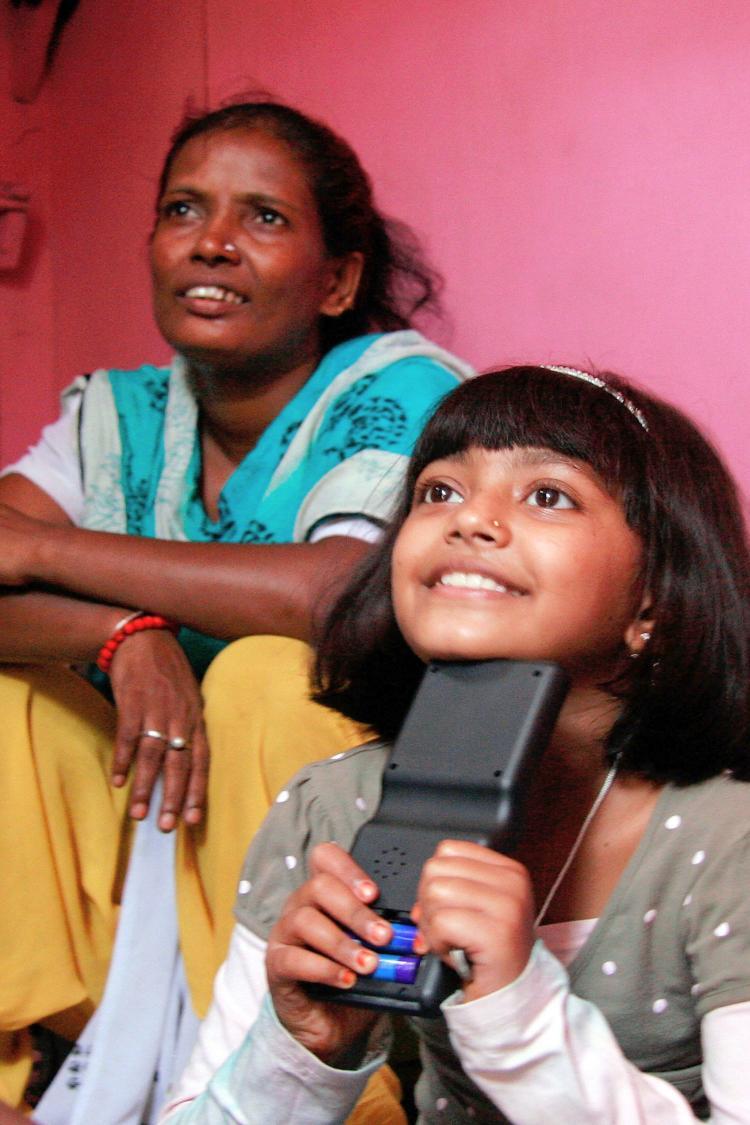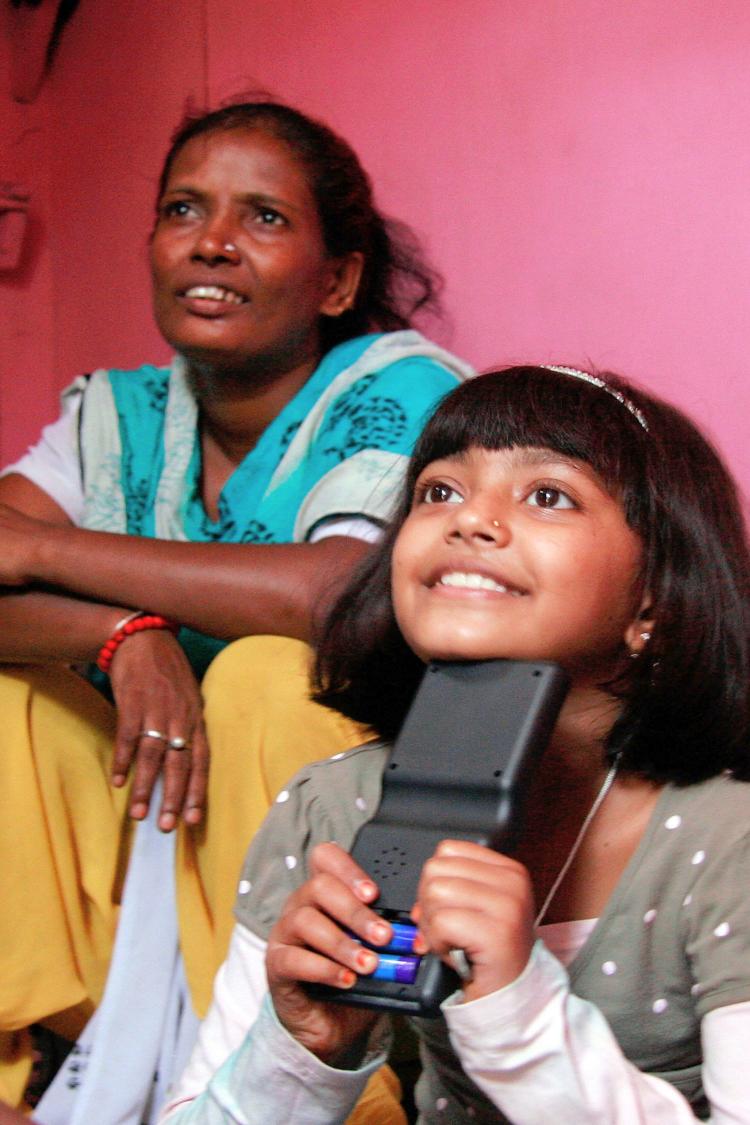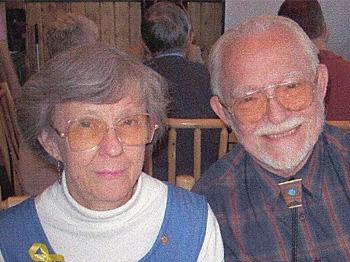An Indologist, whose specialty is the literature and culture of the Indian “underclass,” sent me clippings on Danny Boyle’s film “Slumdog Millionaire.” I skimmed the reviews before I passed them on. The reviews fell into three distinct camps: the ideological, the aesthetic, and the didactic.
One category of reviewers thought the film was exploitative and that the film pandered to Westerners, offering poverty porn. The idea being that Westerners got their jollies from watching people less fortunate than themselves. These reviewers are sensitized by past newspaper articles on poverty, not only in Mumbai, but in Bihar, Orissa, and Calcutta.
The response by an academic: Mitu Sengupta in The Epoch Times is a good example of the ideological criticism of “Slumdog Millionaire.” He opines that the film is a “disempowering narrative about the poor that renders hollow its apparent message of social justice.”
The film carries no message of social justice. It is not a commercial, nor is it a solicitation. An Indian slum is India in an intense and unique way. The color, the vibrancy, the presence of opposites, of the beautiful and the ugly, the orderly and the chaotic, the clean and the unclean, the divine and the demonic… all co-exist in any place, slum or not. In short, the microcosm and the macrocosm are one. Sensitive/sensitized reviewers of “Slumdog” object to the self-congratulatory airs of those who feel superior and blessed. [caption id=“attachment_82962” align=“alignleft” width=“320” caption="Director Danny Boyle poses after winning the Best Director award for ‘Slumdog Millionaire’ in the press room at the 81st Annual Academy Awards held at Kodak Theatre on Feb. 22 in Los Angeles, California.
One category of reviewers thought the film was exploitative and that the film pandered to Westerners, offering poverty porn. The idea being that Westerners got their jollies from watching people less fortunate than themselves. These reviewers are sensitized by past newspaper articles on poverty, not only in Mumbai, but in Bihar, Orissa, and Calcutta.
The response by an academic: Mitu Sengupta in The Epoch Times is a good example of the ideological criticism of “Slumdog Millionaire.” He opines that the film is a “disempowering narrative about the poor that renders hollow its apparent message of social justice.”
The film carries no message of social justice. It is not a commercial, nor is it a solicitation. An Indian slum is India in an intense and unique way. The color, the vibrancy, the presence of opposites, of the beautiful and the ugly, the orderly and the chaotic, the clean and the unclean, the divine and the demonic… all co-exist in any place, slum or not. In short, the microcosm and the macrocosm are one. Sensitive/sensitized reviewers of “Slumdog” object to the self-congratulatory airs of those who feel superior and blessed. [caption id=“attachment_82962” align=“alignleft” width=“320” caption="Director Danny Boyle poses after winning the Best Director award for ‘Slumdog Millionaire’ in the press room at the 81st Annual Academy Awards held at Kodak Theatre on Feb. 22 in Los Angeles, California.






